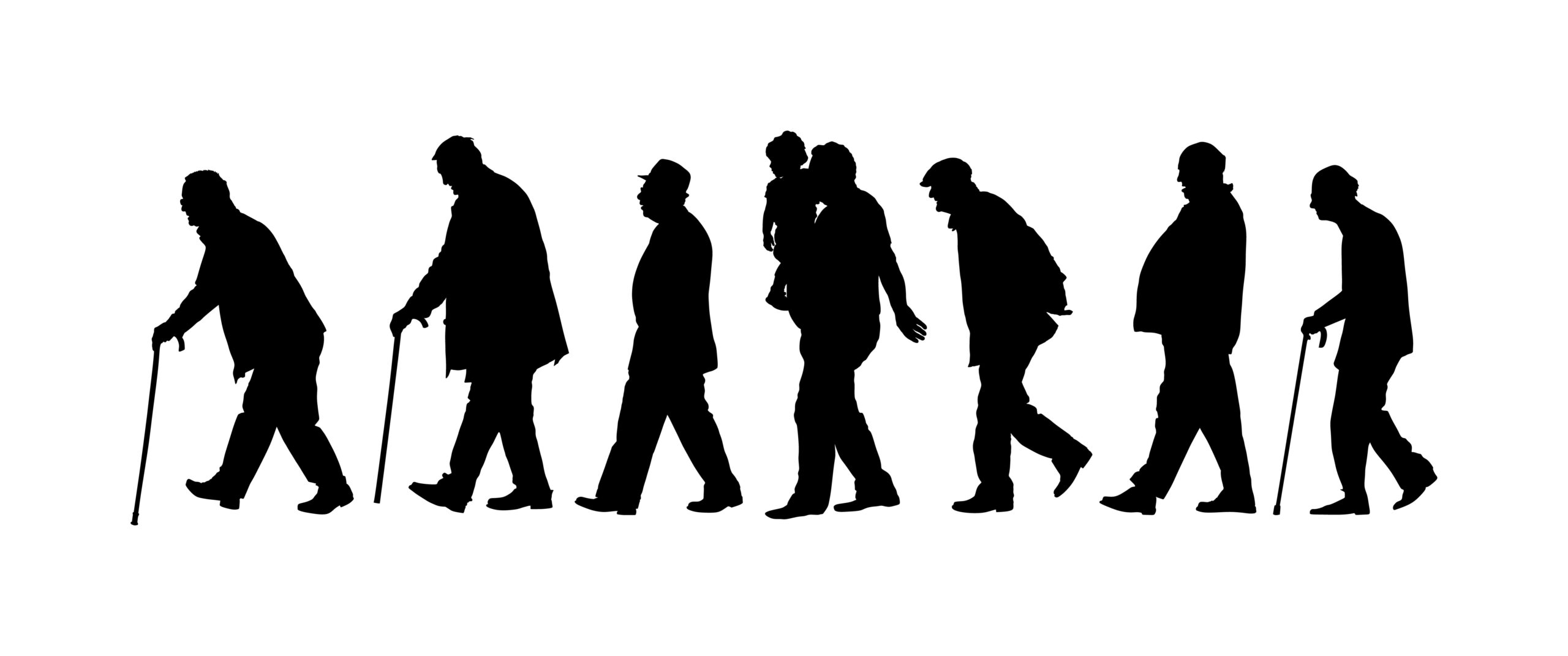Why We Measure Instead of Simply Enjoy
Why We Measure Instead of Simply Enjoy
Imagine you’re baking a cake. You could just throw in some flour, sugar, and eggs by guesswork, hoping it turns out tasty. Or you could measure each ingredient carefully to get the perfect balance. This simple example shows why measurement matters—it helps us understand and control the world around us.
Measuring is about comparing something unknown to a known standard. When we say something is 10 centimeters long or weighs 5 kilograms, we are using agreed-upon units that everyone understands. Without these standards, communication would be confusing because words like “long” or “heavy” mean different things to different people.
In science and everyday life alike, measurement allows us to be precise rather than vague. Scientists rely on measurements to test ideas and discover new truths about nature. For example, measuring temperature tells us if water will freeze or boil; measuring time helps schedule events so they happen when expected.
Measurement also brings fairness and safety into our lives. When you buy fruits at the market by weight or fuel for your car by volume, accurate measurement ensures you get what you pay for without being cheated. In construction, exact measurements keep buildings safe and strong instead of shaky or collapsing.
Even though enjoying something without measuring can feel more natural—like admiring a sunset without counting seconds—we measure because it gives clarity and control over outcomes that matter in many situations.
So while enjoyment connects us emotionally with experiences around us, measurement connects those experiences with facts we can share reliably across people and places worldwide. It’s this combination of feeling plus knowing that shapes how we live smarter every day rather than just guessing our way through life’s challenges.





